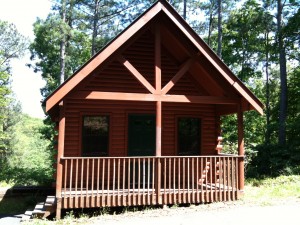One of the problems that I’ve run into so far using Radmind to manage Mac OS X—specifically, the Leopard to Snow Leopard transition—is that kextd helpfully starts recreating your kernel extension cache as soon as you modify anything in /System/Library/Extensions. This can be problematic when you’re updating core system files; as you update the 10.5 kernel extensions to their 10.6 counterparts, you don’t want the 10.5 version of kextd creating a cache of 10.6 kernel extensions, especially as the kernel extension cache has moved (from /System/Library/Extensions.mkext to /System/Library/Caches/com.apple.kext.caches/). So, should you handle this? My solution is to stop kextd if I know that I’m updating kernel extensions; that way, they won’t be re-created until reboot. Here’s the script:
/private/var/radmind/preapply/update_kernel_extensions:
#!/bin/sh # update_kernel_extensions: Manage the replacement of old kernel extensions. # If there are updates, kill kextd and destroy the # caches. KEXT_CACHE="/System/Library/Caches/com.apple.kext.caches" KEXT_FOLDER="/System/Library/Extensions" KEXTD_LAUNCHD="com.apple.kextd" SYSTEM_LAUNCHD_FOLDER="/System/Library/LaunchDaemons" transcript="${1}" result="${transcript}.$$" /usr/bin/grep "${KEXT_FOLDER}" "${transcript}" > "${result}" if test -n "${result}"; then #result is non-empty # Disable kextd to prevent it from recreating kernel extension caches, which # will be re-created at startup. if test -n "$(/bin/launchctl list | /usr/bin/grep ${KEXTD_LAUNCHD})"; then #kextd is running /bin/launchctl unload "${SYSTEM_LAUNCHD_FOLDER}/${KEXTD_LAUNCHD}.plist" fi # Remove kernel extension cache. /bin/rm -rf "${KEXT_CACHE}" fi rm -f "${result}"
In its present form, it only works on Snow Leopard, but I’ll be updating it to work on Leopard as well.
